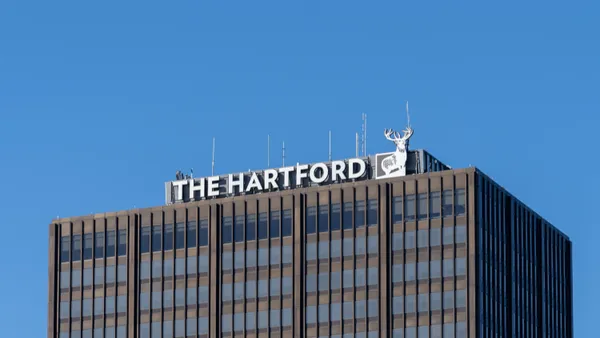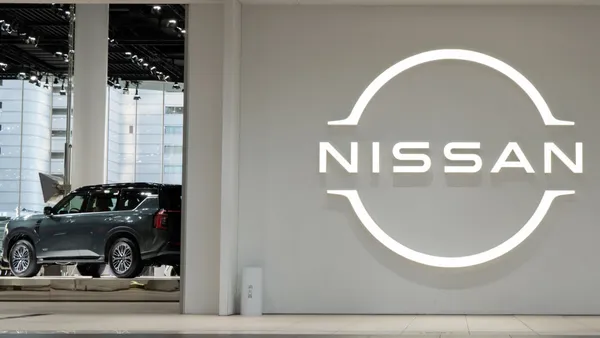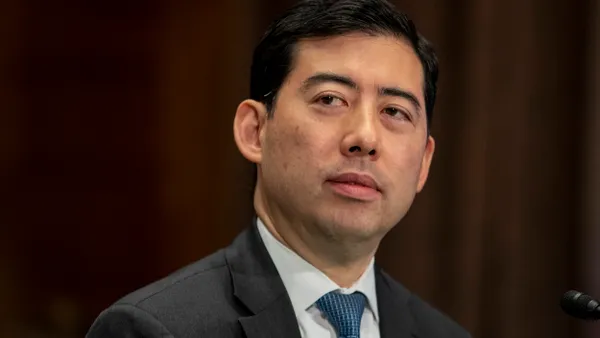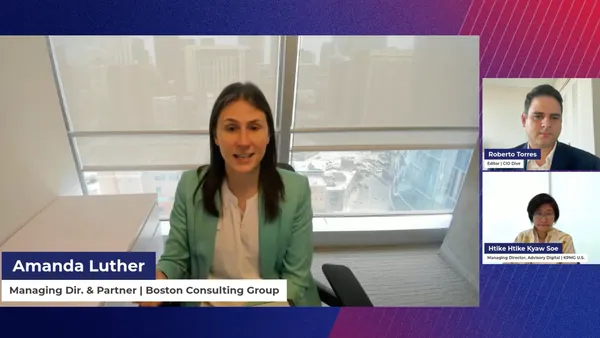UPDATE: The U.S. Citizenship and Immigration Services received 199,000 H-1B petitions this year, which includes petitions for both the standard and master's cap, the agency reported Monday. USCIS used a computer-generated lottery on April 11 to select the petitions to fill the cap.
Though the cap quickly filled as it has done for the past five years, far fewer petitions were filed this year. USCIS received 236,000 petitions in 2016 and 233,000 in 2015, the San Francisco Chronicle reports.
Dive Brief:
- The U.S. Citizenship and Immigration Services reached the 85,000 H-1B visa cap Friday morning, marking the fifth year in a row the cap was reached within five business days of the start of the filing season.
- USCIS has not yet announced how many H-1B petitions it received for the fiscal year 2018 filing season. But last year the agency received 236,000 petitions, well over the congressionally mandated cap of 65,000 regular filings and 20,000 H-1B visas with Master's exemptions.
- The agency will "reject and return" filing fees for all unselected H-1B visa petitions, according to the announcement. USCIS will continue to receive H-1B visas petitions exempt from the cap.
Dive Insight:
The H-1B program continues to remain in demand for organizations looking to bring high-skilled workers into the U.S. from other countries. The cap has quickly filled for the past five filing seasons, triggering a lottery to decide which H-1B visa petitions are accepted.
Though few changes were made to the H-1B petition process prior to the start of the filing season — save for the temporary suspension of expedited filings — federal agencies are working to crack down on program abuse.
Last week, coinciding with the start of the FY18 filing season, the Department of Justice warned employers filing H-1B petitions not to discriminate against U.S. workers. USCIS also promised more site visits to H-1B employers to ensure organizations are not abusing the system.
Federal agencies are trying to ensure employers are using the H-1B program for its intended use: to bring in high-skilled talent from outside of the U.S. But the H-1B visa program has become a point of political contention, with opponents denouncing the program for taking away jobs from U.S. workers. Meanwhile, supporters say the program is necessary for bringing hard-to-find skills into the U.S. and creating a more diverse workforce.















